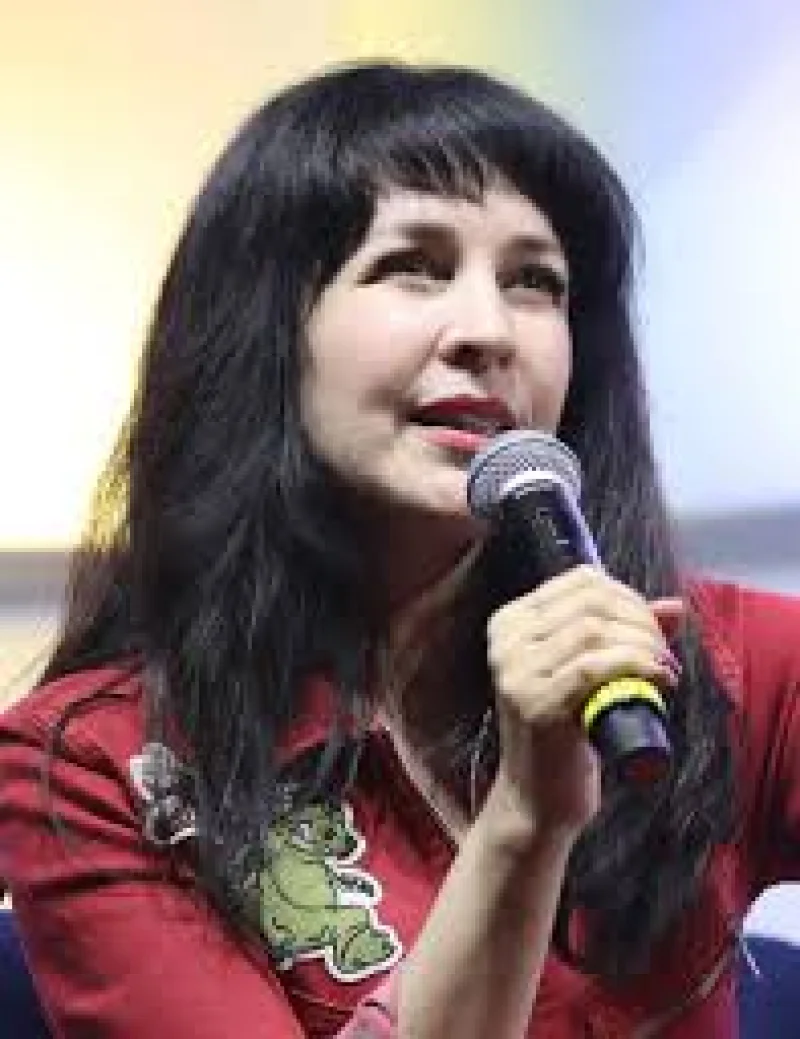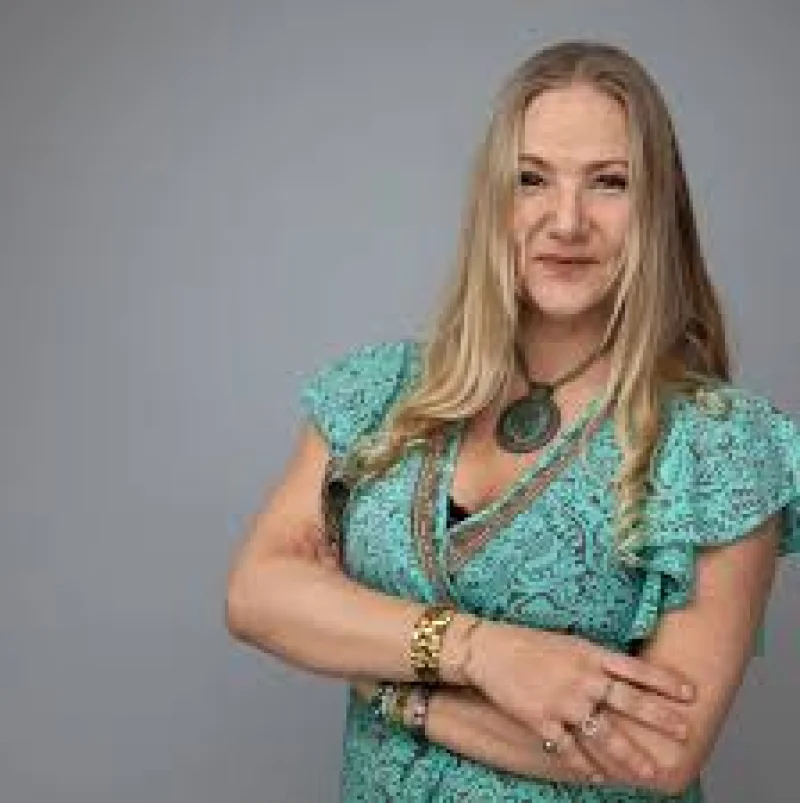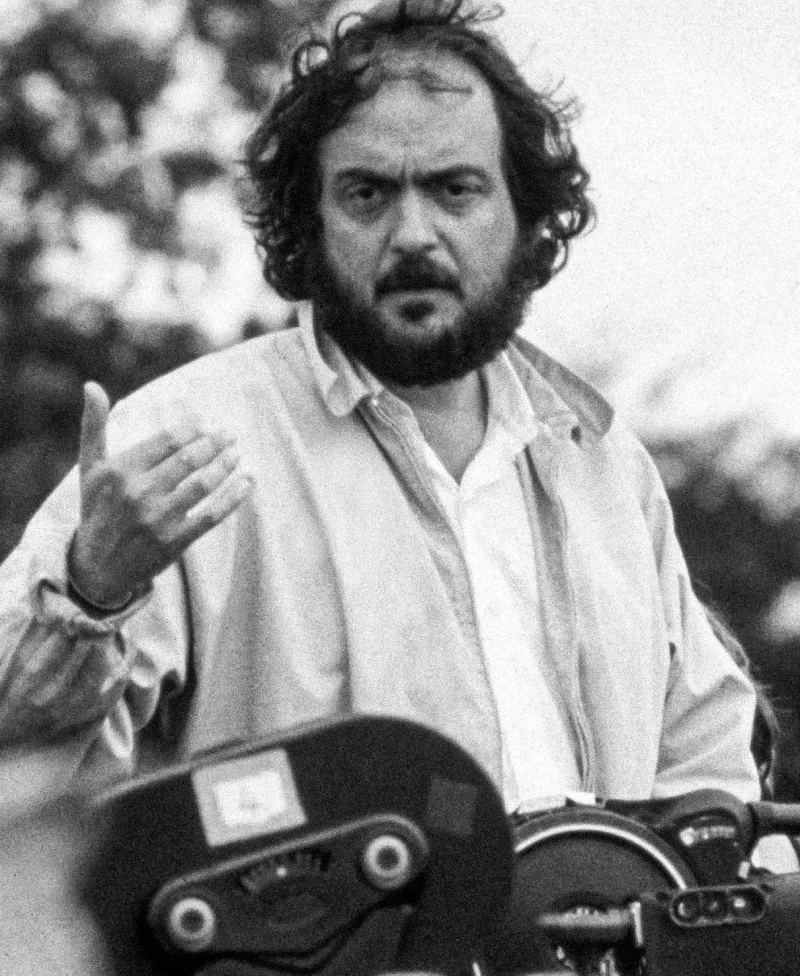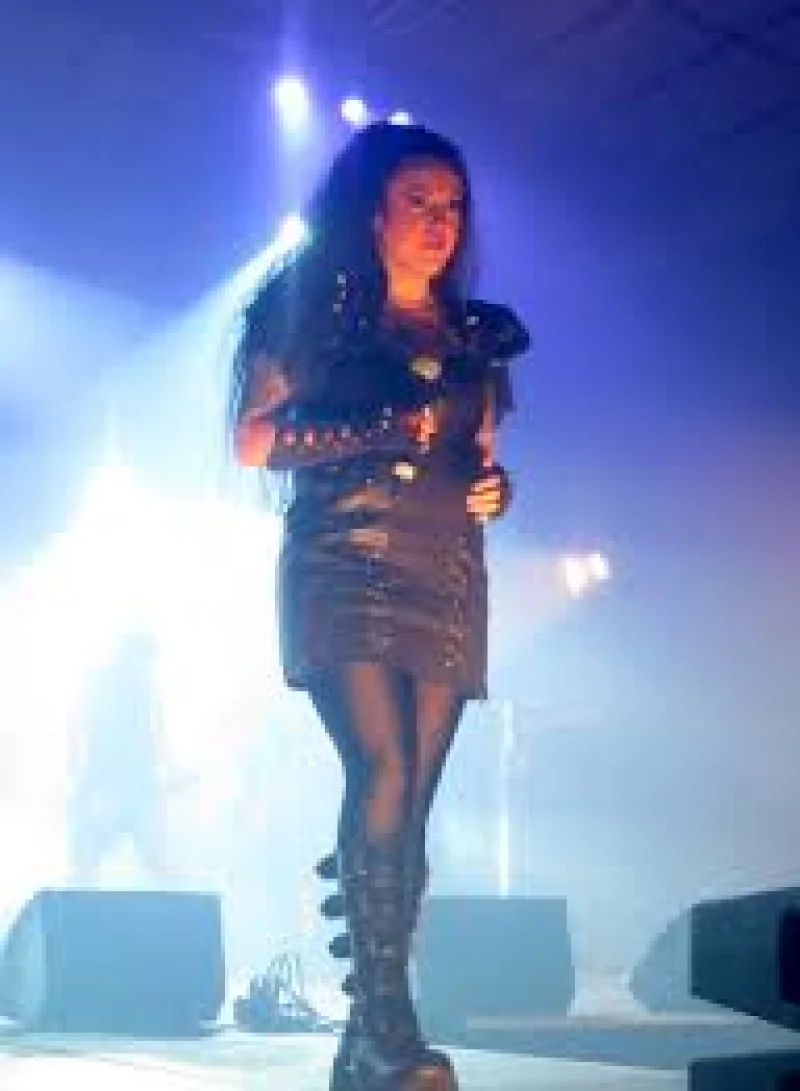Short Summary
Diamanda Galás is an American avant-garde composer and vocalist known for her extraordinary vocal range and pioneering work in the realms of experimental and dark music. Her career spans several decades, during which she has become renowned for addressing themes of suffering, injustice, and social issues through her music. Galás is celebrated for her unique ability to combine elements of opera, blues, and jazz, creating a haunting and emotive sound that has captivated audiences worldwide.
Early Life & Education
Born on August 29, 1955, in San Diego, California, Diamanda Galás grew up in a Greek Orthodox family. Her father, who was a choir director and trained in Byzantine music, played a significant role in shaping her early musical interests. Galás was a gifted child and began playing the piano at a young age. She attended the University of California, San Diego, where she studied visual arts and music, and later pursued further training in jazz and classical music. Her diverse educational background and exposure to different musical styles significantly influenced her avant-garde approach to composition and performance.
Career Highlights
Galás’s career began in the 1970s when she started performing in avant-garde jazz ensembles. She gained significant attention in the 1980s with her "Masque of the Red Death" trilogy, a powerful series of performances addressing the AIDS epidemic. Her bold and often controversial performances, such as "Plague Mass," have been staged in various unconventional venues, including cathedrals. Throughout her career, she has collaborated with numerous artists, including John Paul Jones of Led Zeppelin, expanding her influence in both music and social activism. Her work is characterized by its intense emotional impact and its commitment to addressing issues of human rights and social justice.
Major Achievements
- Released the "Masque of the Red Death" trilogy, addressing the AIDS crisis through music and performance.
- Collaborated with John Paul Jones on the album "The Sporting Life," blending rock and avant-garde music.
- Performed the "Defixiones, Will and Testament" in memory of the Armenian, Assyrian, and Greek genocides.
- Received a grant from the National Endowment for the Arts for her innovative musical work.
Famous Quotes
- "I have an advantage in that I have my own voice, which is not like anyone else's."
- "I use my voice as an instrument, not just as a vehicle for words."
Interesting Facts
- Galás’s vocal range spans over three and a half octaves.
- She was inducted into the Downtown Music Hall of Fame in 2008.
- Her performances often include elements of multimedia and theatricality.
- She is a polyglot and often incorporates multiple languages into her performances.
- Galás has also worked as a painter, with her visual art exhibited alongside her musical performances.
Legacy / Influence
Diamanda Galás has left a profound impact on the world of avant-garde and experimental music. Her fearless exploration of challenging themes and innovative vocal techniques has inspired a new generation of musicians and performers. Through her work, she has elevated music as a form of social commentary and activism, ensuring her enduring influence in both the artistic and social spheres.
FAQ
Q: Why is Diamanda Galás famous?
A: She is famous for her avant-garde compositions and vocal performances, addressing themes of suffering and social injustice.
Q: What is her vocal range?
A: Galás's vocal range spans over three and a half octaves.
Q: Has she collaborated with other artists?
A: Yes, she has collaborated with artists such as John Paul Jones of Led Zeppelin.
Q: What themes does her work often explore?
A: Her work often explores themes of suffering, injustice, and human rights.













